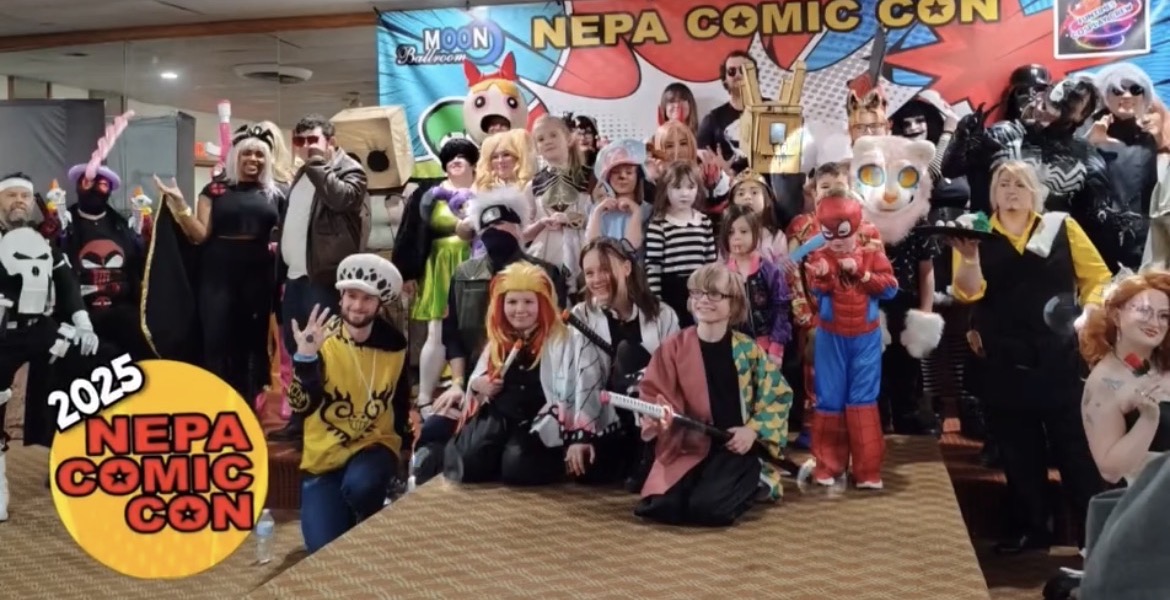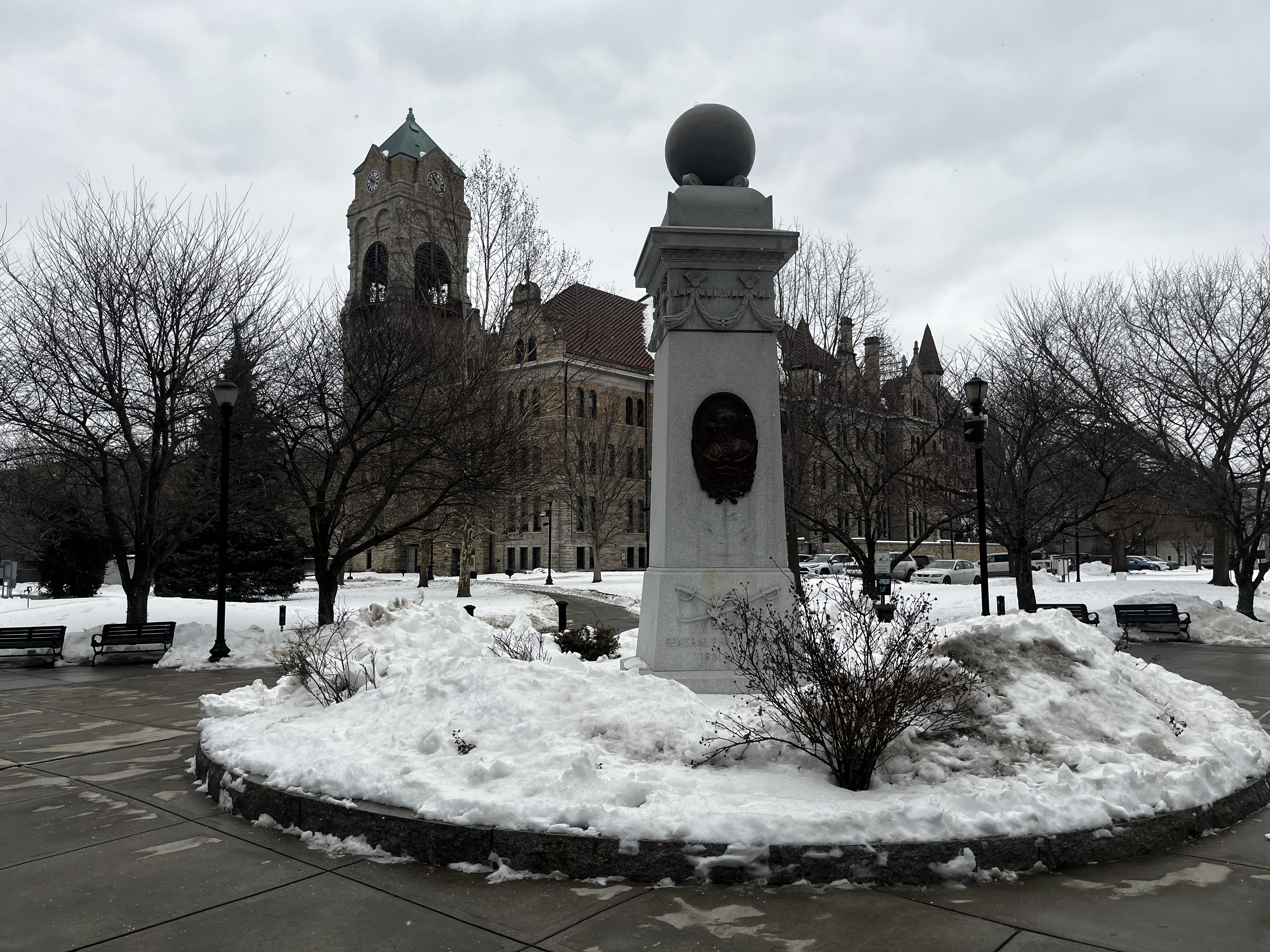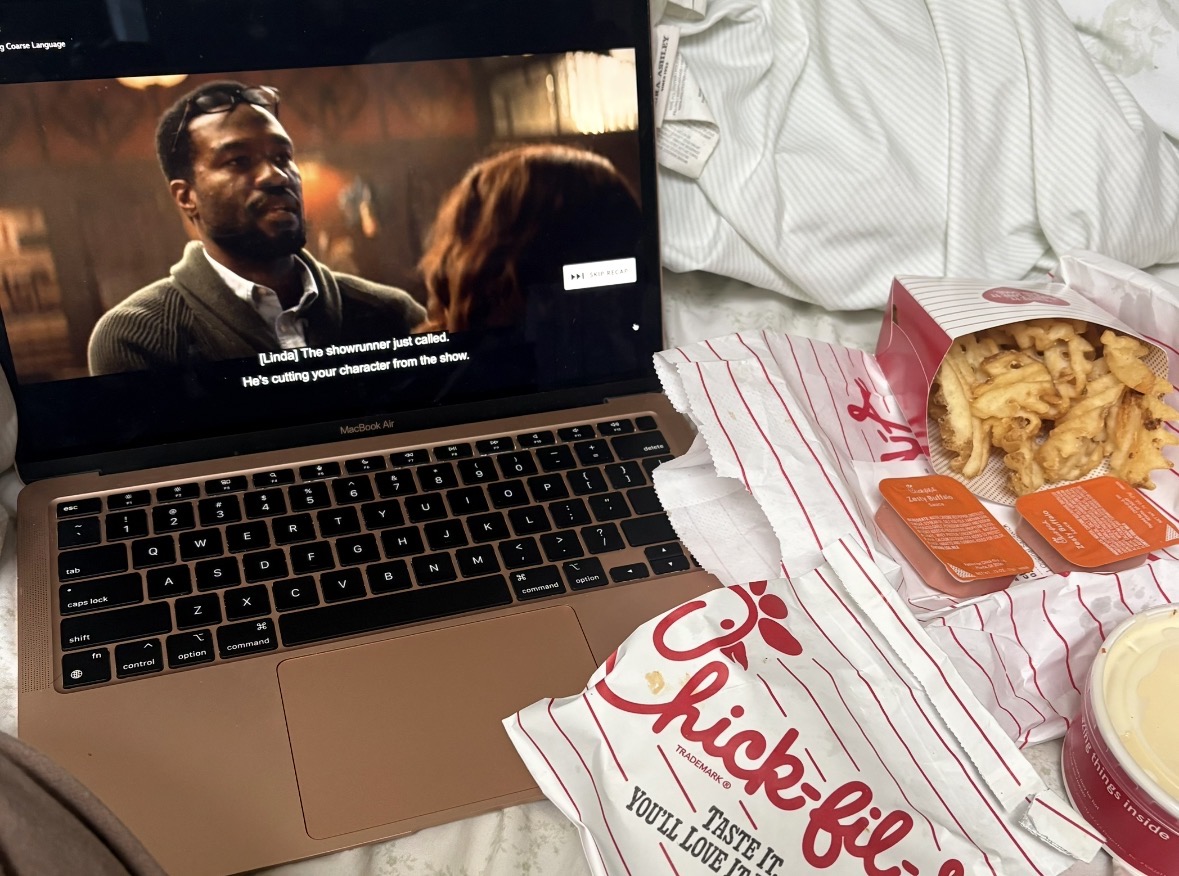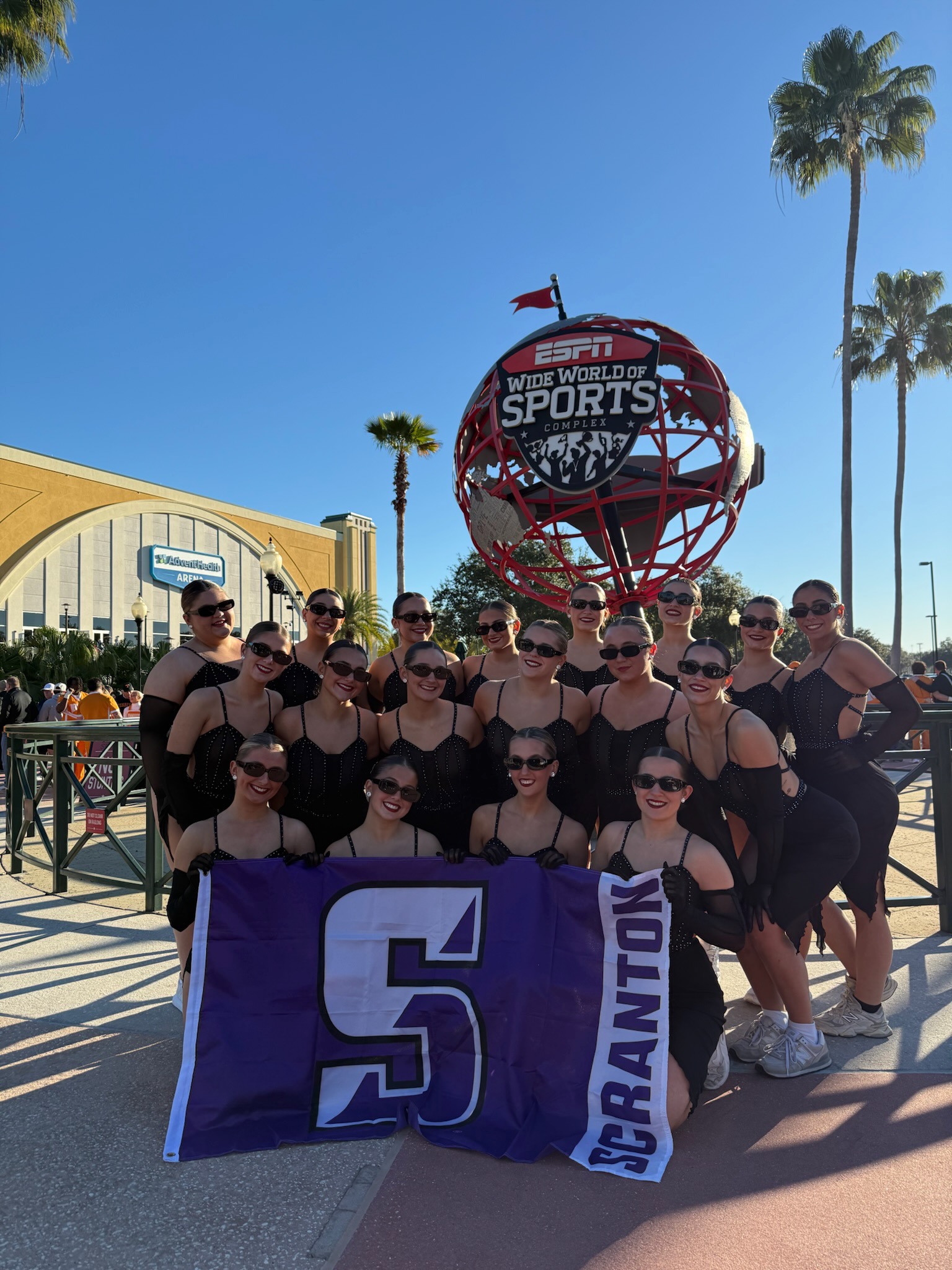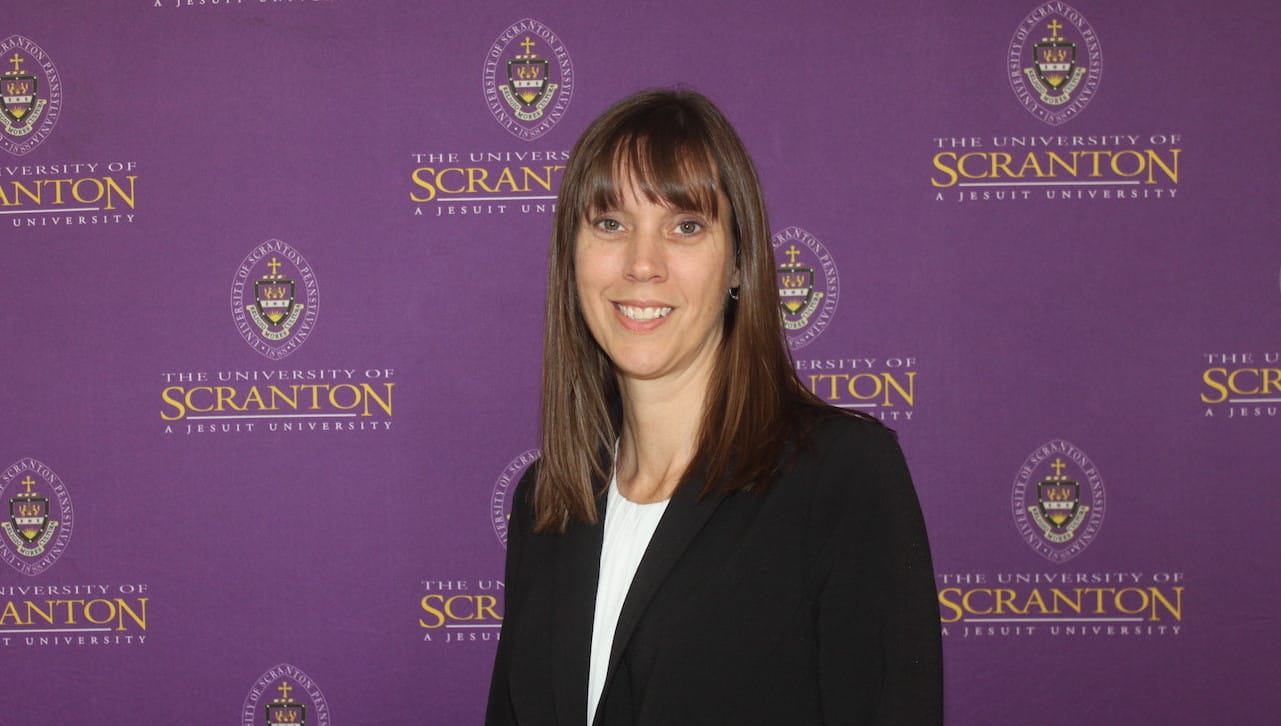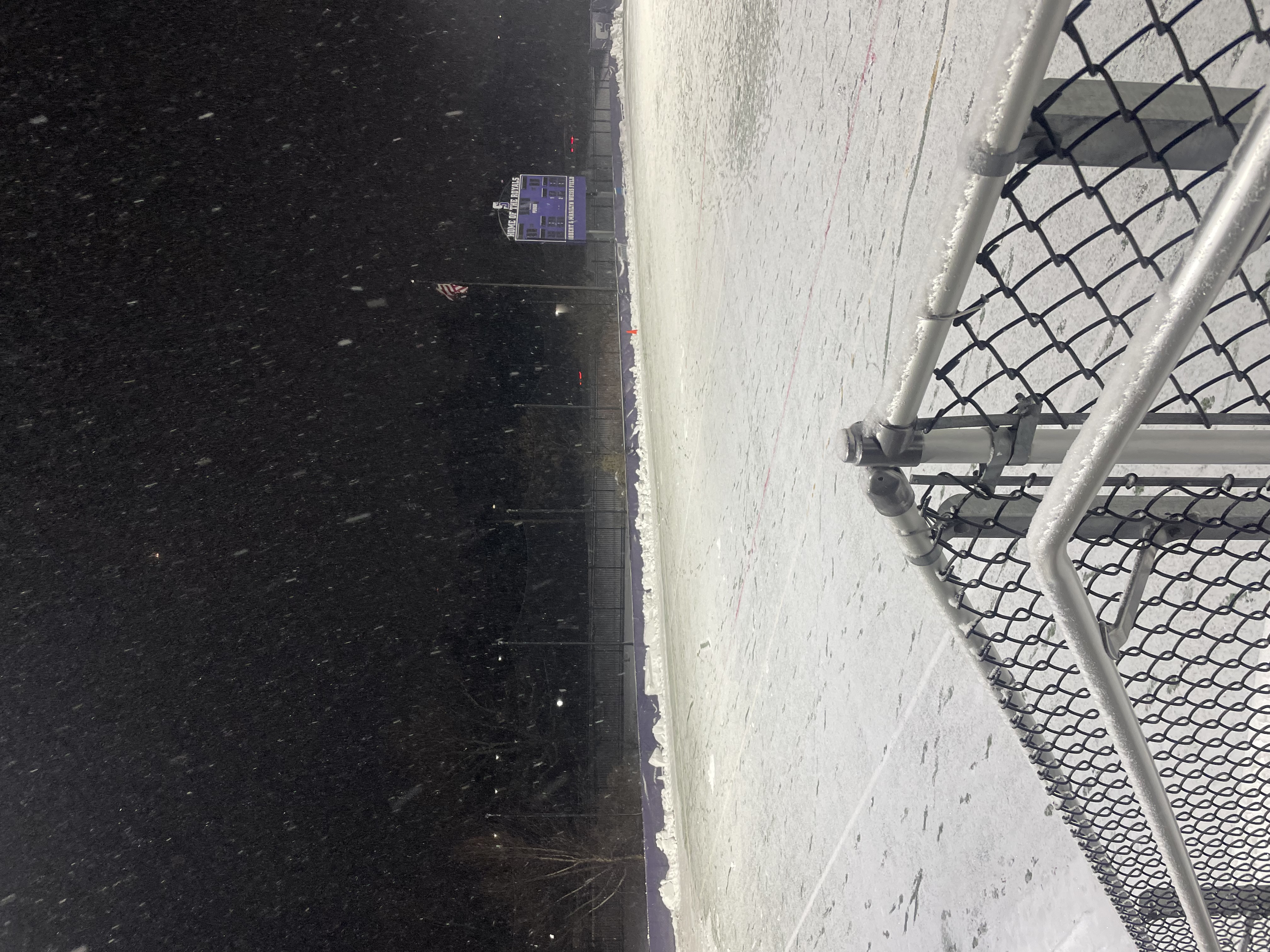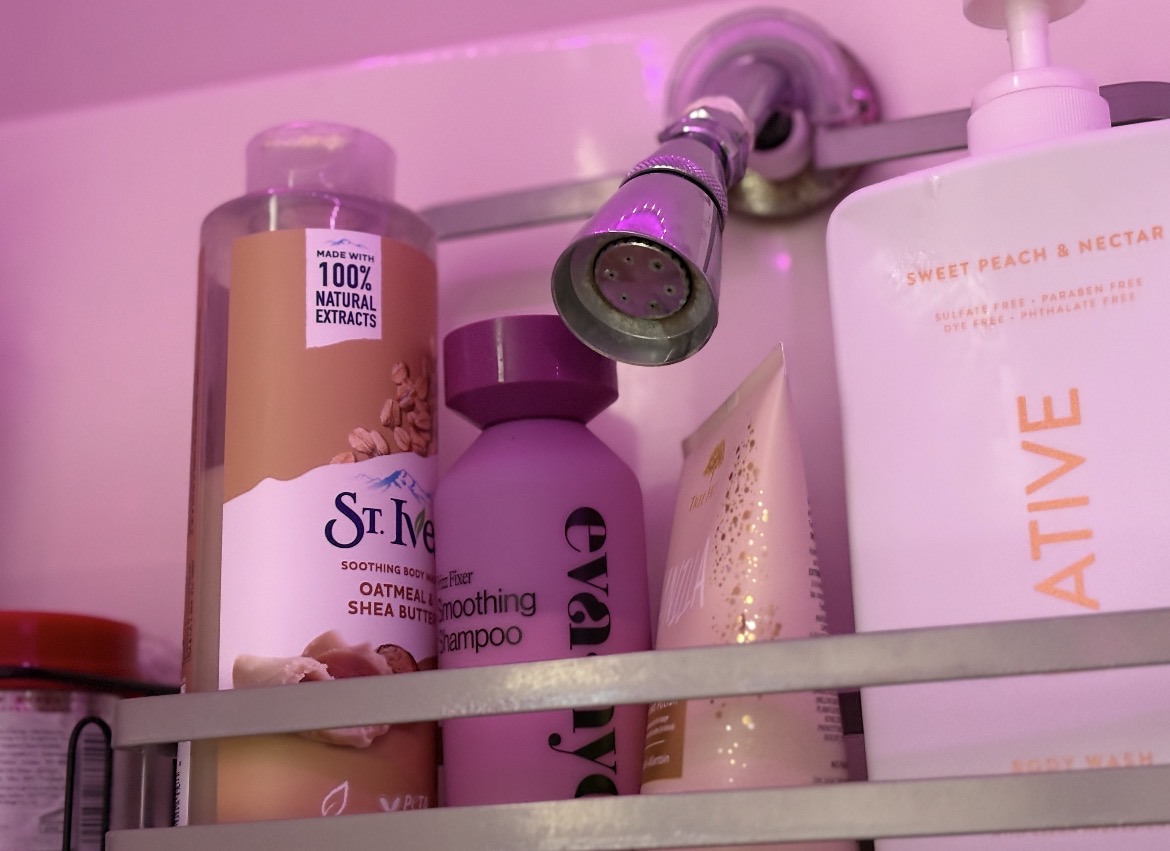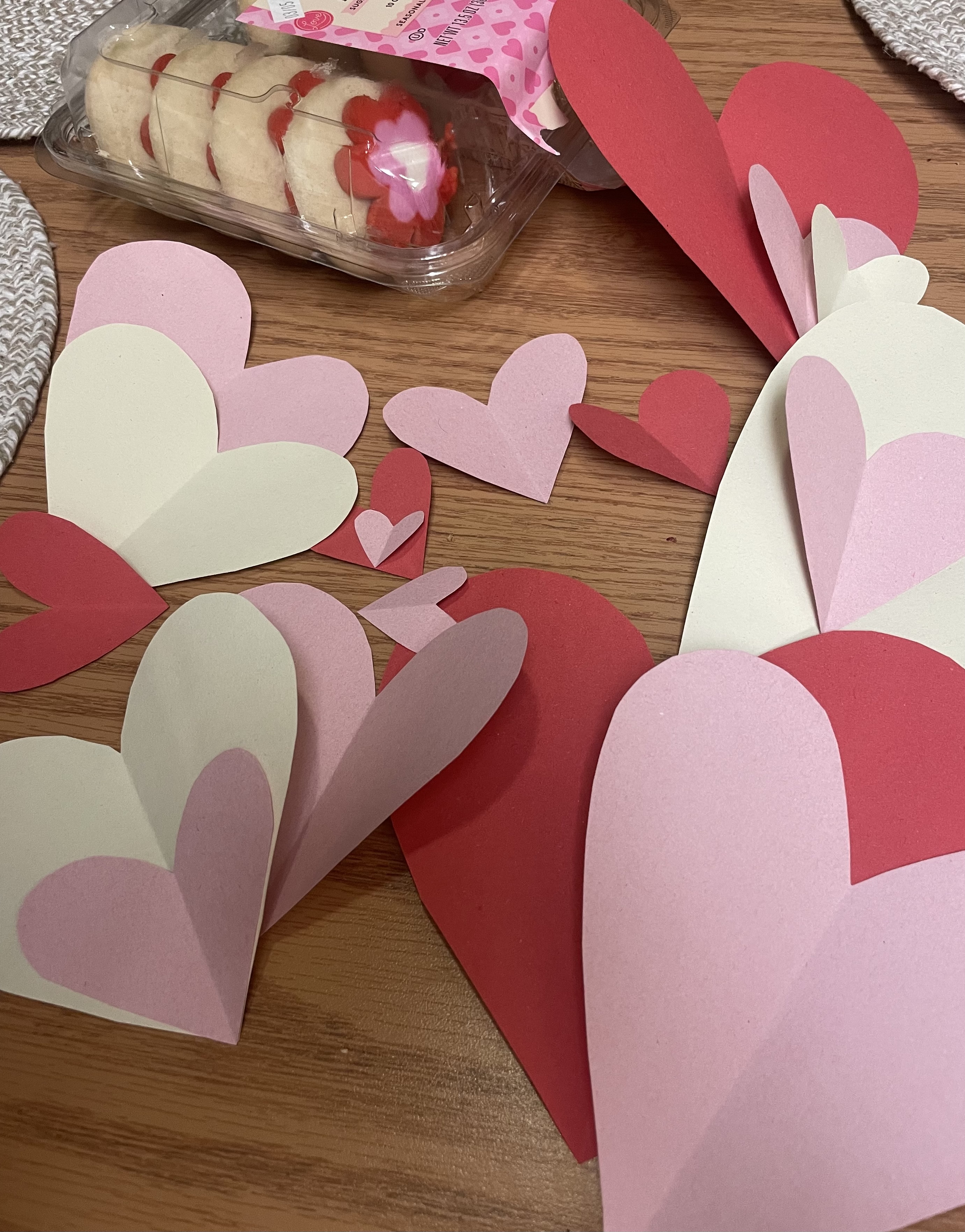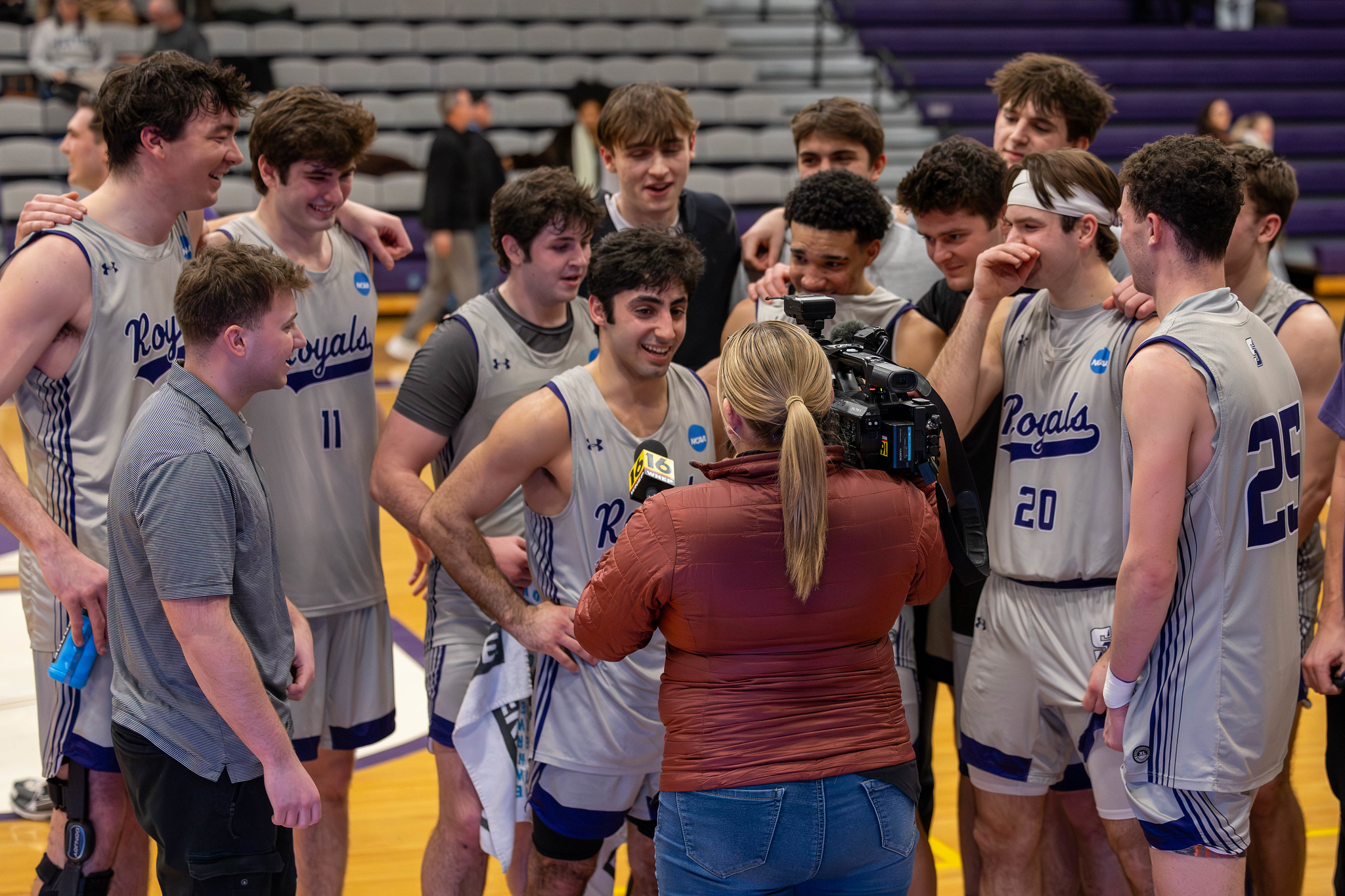Nicole Young, senior producer of “60 Minutes,” will give the commencement address at the undergraduate ceremony May 18.
Young, class of 2000, said the first thought she had when she was asked to speak to the class of 2025 was laughter.
“It will mark 25 years from me sitting in the position the young adults will be. I laughed, because I actually messaged a friend of 25 years, and I said ‘Who would’ve thought, 25 years later, that I would be speaking at my alma mater?’ But what a difference 25 years makes,” Young said.
Young said she also felt humbled about asking to deliver the commencement speech.
“Most of the time I just do it. I just do the job. I’m a mother, I wake up, and I just do it without thinking sometimes that actually it is a message that can serve as a positive message, or a message of confidence, or hope, or a guidebook, essentially to future generations of young people. And so then came just being really humbled and honored,” Young said.
As a Scranton graduate, Young said that the moment she stepped onto the campus, she knew she was lucky.
“I knew I was being given a gift just to go to college. But then be able to go to college in a place where I felt safe, and then to go to college in a place where I have met friends who have stayed with me in my life until this very moment, who my children call aunts and uncles. It really meant something to me, because I knew that I worked hard from day one,” Young said.
Young said that all her friends, who she has remained close with throughout the years, worked extremely hard, and that is something that has always stayed with her. She worked hard too.
“I was kind, I was hardworking, and I had a friend group around me that made me feel kind of invincible. I felt that’s what Scranton had to offer that so many of my other friends who went to other schools didn’t have,” Young said.
Young said this still shows today, and she hopes to see some people in the audience at the undergraduate ceremony who were friends she went to college with 25 years ago, whose sole reason to be there is to support her.
As a successful journalist, Young she said she was surprised to find out that one of her greatest tools would be kindness.
“Empathy has given me almost every opportunity I’ve gotten in my career. I didn’t realize how valuable it was going to be,” Young said.
When Young started working specifically on war reporting, she found that empathy was part of the reasons she was able to do her job.
“It is very hard to convince a mother who has lost everything in the world to then share her story with you if you don’t have empathy,” Young said.
Young said there are a lot of things that people hold within themselves that have nothing to do with their GPA but have everything to do with who they are as a person.
“That will be the thing that sets you apart, and that’s what I hope to offer people as a reminder of as I speak with them,” Young said.
A lot of Young’s work centers on the humanitarian side of journalism. From a young age, she wanted to go out and save the world after watching the Ethiopian famine in the ’80s. She realized that saving the world was impossible – but she came to understand she did not need to save the world. She realized what she could do: show people what was happening.
“The more people see, the more people want to do. And that's how I became a journalist,” Young said.
Young documents people who are doing heroic and humanitarian work. Young explained that humanitarianism has a line. She does journalism, and she tries to show people the truth, even if the truth is bitter.
“I’m a truther teller, and I happen to go to places where it’s a lot harder to show truth, like war zones, or places that are very remote. Places where chaos runs rampant because of governments that aren’t in charge. I like those places because it’s much harder to show the truth, and the truth is sometimes purposefully being hidden because they don’t want you to see,” Young said.
Part of Young’s work entails "shining light on the dark corners of the world” which can be a difficult job. Young does this through listening to people’s first-person accounts. She said she had not heard enough from people speaking in their voices.
“That didn’t seem right to me. The truth usually comes from those it’s happening too,” Young said.
Giving people an opportunity to speak for themselves, and not having others speak for them, is how Young said she is able to shine that light.
“When you can hear from a mother directly about her own loss, or when you hear from a child directly about what they have seen themselves, that is how you shine a light on a dark corner,” Young said.
Young said this is the key in something she finds in working on “60 Minutes” with Scott Pelley, who has been her personal mentor and the person she has worked with for 24 years. It is not about her as a journalist. She said that a great journalist, is not an “I” journalist.
“I’m not here because of me; I’m here because of you,” Young said.
Young said she does journalism because it is a duty, and it is a calling. She said it is a service, just like being a doctor is. Being a journalist and a seeker of the truth, and offering the best possible information you can, was a calling she had from a very young age.
Young said inspiration comes from everywhere and always has her phone or reporter's notebook nearby so she can keep track of all of her thoughts and inspirations. If she has an idea – she writes it down. She works around the clock and takes the time to give all her work the best outcome that it can have, and she makes sure the stories that she tells come from the voices of those who experienced it.

